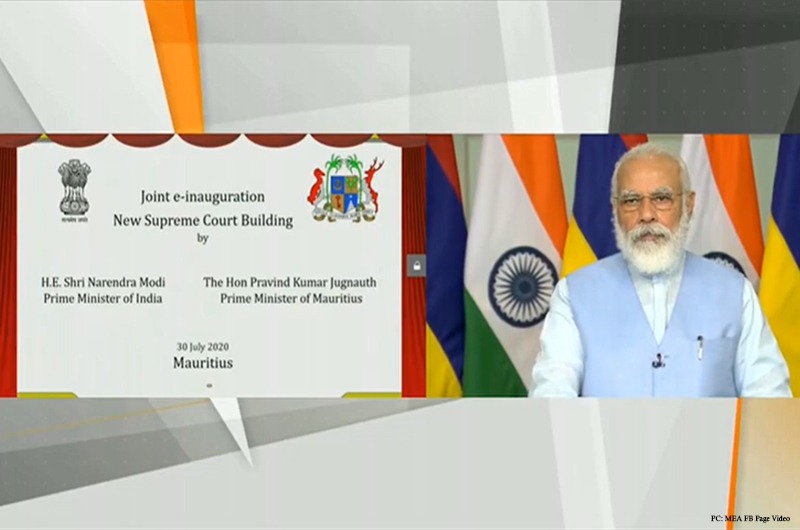
Facebook announced new transparency rules for political advertisements in India on Thursday, ahead of the upcoming general elections. Apart from tagging the advertiser, Facebook would now also reveal who paid for the ads and the primary location of people managing the page
In a major development showcasing commitment to transparency, Facebook announced new rules for political advertisement in India, on Thursday. All political advertisements on the platform will now carry disclaimers specifying the advertiser, using tags such as “Published by” or “Paid by.” The new set of rules will be enforced on the platform by February 21, 2019.
Apart from specifying the advertiser, the users would also be able to see the location of people managing the pages used for such advertisements. This will allow the users to understand the origin of the page, ensuring a greater clarity on intent, said Facebook on a post.
Ahead of the upcoming Lok Sabha Elections in the country, the social media giant is under pressure to combat alleged misuse of the platform for influencing opinion and eventually poll results.
Facebook Product Manager, Sarah Schiff and the company’s Public Policy Director in India, Shivnath Thukral released a statement saying, “We’re committed to creating a new standard of transparency and authenticity for political advertising.” The statement also added, “Ahead of India’s general elections, we’re making big changes.”
As per the reports, the company is soon planning to have a dedicated online Ad Library Report for India ensuring the users an easy access to the insights of ads running on the platform.
Facebook, with more than 200 million users in India, also owns other popular social media channels like Instagram and Whatsapp. All these platforms are under the scanner of the central government, who has already proposed the amendment of IT laws to make the social media platforms have more liability towards unlawful use of the popular pages.
To ensure further accountability, the company is also in the process of introducing mandatory two-factor authentication and validation of the primary location of the people managing pages with larger audiences.








